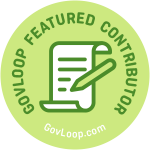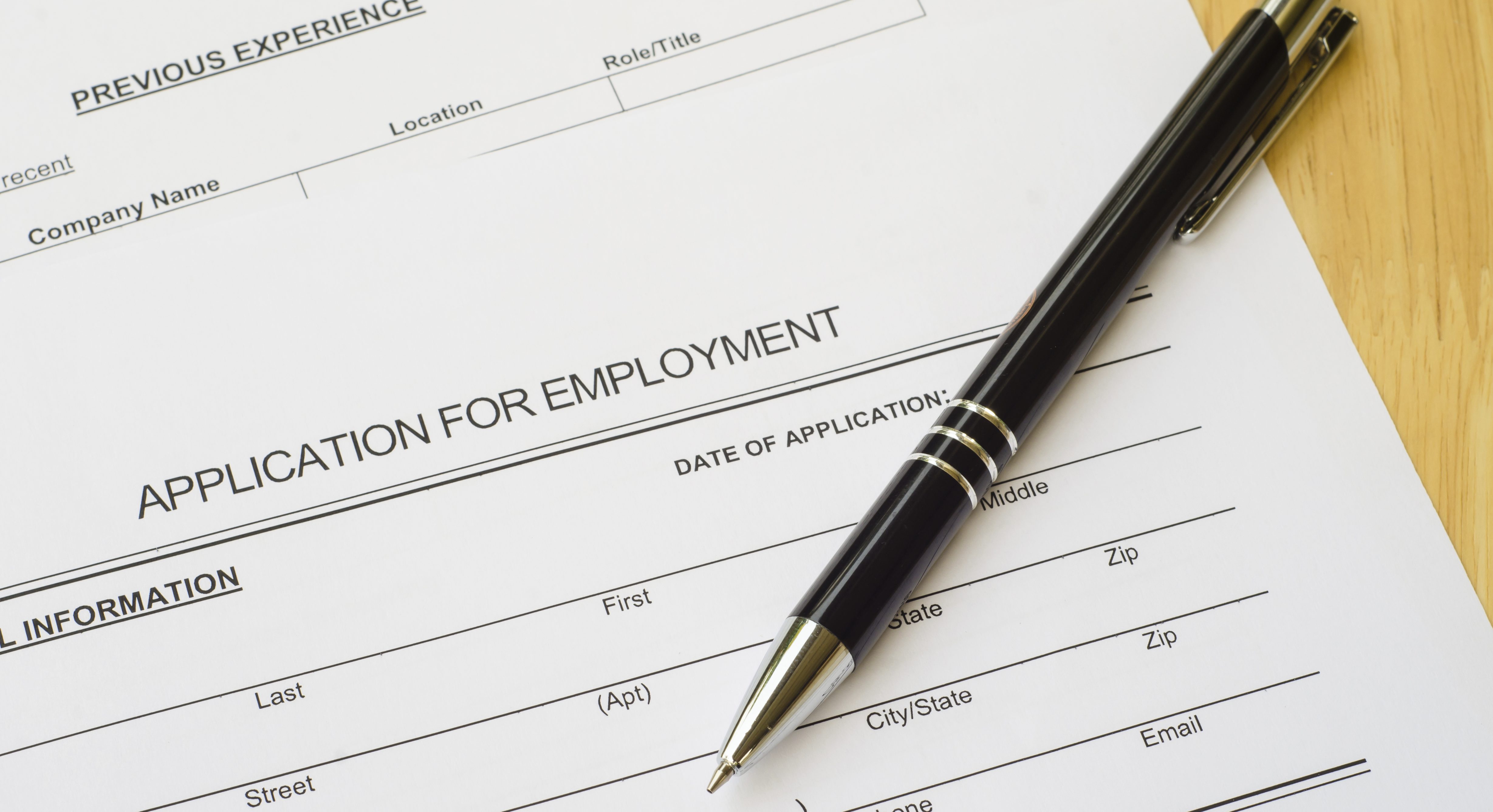I know a few people will disagree with me but all-in-all, Uncle Sam is a pretty good boss. He must be because of the number of job applications submitted for each open position. There are ways to improve your chances of getting a federal job.

As both a supervisor and a member of many hiring panels in different organizations, I saw my share of well-qualified candidates miss their opportunity because of repeated missteps in the application and interview process. When I’m told a well-qualified person (typically by THAT person) wasn’t referred for an interview, I will wager the applicant made one of the most common mistakes.
Here are my top ten tips to improve your chances of landing that federal job you want.
Write Your Resume to the Specific Job Listing
USAJOBS is the gateway to federal employment. Time and again I reviewed a candidate’s USAJOBS resume and wonder how many minutes, if any, were used to update a saved resume for an application. Many times, I saw little indication the applicant read the position description closely and tailored their resume for it. Read the position description carefully and edit your resume to reflect the experience needed for the advertised job.
Everyone in the Federal Government is an Expert
It’s not uncommon for applicants to be asked a series of questions to describe their experience-level for knowledge, skill, and ability (KSAs). When answering KSA questions, remember: everyone is an expert. The federal government does not have a definition of what defines “expertise” in any skill area. Unless a job listing requires a specific certification or license, expertise is in the eye of the beholder. While honesty is an admirable trait, your perception of expertise may be different than a potential employer. Let the interview process decide if your level of expertise matches what the future supervisor seeks.
Eliminate Warning Flags
Are you aware your resume may contain warning flags? Misspelled words are one. Adding your current assignment without reviewing what you wrote on a previously saved resume may create mismatched service dates. Did you change your writing style. To a reviewer, these are lack-of-attention-to-details warning flags. Are there others? Certainly! Frequent lateral job changes without an explanation and asking to be notified before a former supervisor is contacted are two others.
On the Interview Process
If you meet the qualifications of the job listing, your resume will be forwarded by a human resource specialist to the hiring supervisor with other qualified applicants as part of the job “cert”. It’s here where the hiring process continues. The majority of job interviews are done by phone. Be by the phone at the agreed interview time. If you’re on mobile, make sure you have a strong Wi-Fi signal. There are seldom second chances for those who miss their interview. Time zone differences, especially for overseas assignment interviews, can make for an early morning or late night.
Prepare. Prepare. Prepare.
I can’t count how many interview panels I served where the person on the other end of the phone had no clue about the organization they were talking to. Take the time and learn everything you can about the organization. Read their website. Acquaint yourself with what they are saying on social media. Check LinkedIn to see if you can find former employees who might be helpful in helping you make an informed decision. Most importantly, anticipate potential interview questions about the organization. I guarantee there will be at least one!
Answer the Question Asked
Hiring panels ask each candidate the same questions. I’m continually frustrated by the number of candidates who waste our time by not answering the question asked. Listen to the question. Pause and think about what was asked. Answer the question directly. Rambling responses without focusing on what the hiring panel asked won’t help your selection chances. Keep in mind, hiring panels typically have multiple interviews scheduled one after another. Unfocused responses give the panel a reason to immediately eliminate you from consideration.
Show You Want the Job
Are you someone with a solid resume, worked in the federal government for multiple years, and can walk-in and do the job on day one? I’d like to think that’s me! But don’t make the mistake I’ve made by assuming the job is yours and the interview as only a formality and unnecessary distraction. When the interview is over, leave the hiring panel with the impression you can do the job AND you want to be part of the organization. Arrogance and perceived importance can be heard in responses. Organizations want to find the ideal candidate to be part of a team and not the star quarterback with sights set on changing the game plan.
Be Ready to Ask Your Own Questions
Interviews are two-way streets. Will your personality fit in with the culture? Understanding how you will fit in is a good start. Overtime opportunities, flexible schedules, telework policies are also good things to ask about. Are there bad questions to ask? I’ve heard a few and they typically had nothing to do with the position or the organization. Have one or two ready and leave the interview panel with the impression you are the right person for the job.
Don’t Forget to Say Thank You
When the interview is done, you have one more shot to give the interview panel an impression you want the job. Do it by simply sending a thank you email. Write down the names of your interview panel members as they are introduced. Thank each one personally. This simple tactic shows you listened and paid attention. Unfortunately, way too many applicants don’t take the time to simply email their thanks for the opportunity to interview.
If You Were Counting
Expecting one more tip? It’s simple: don’t get discouraged. Your hiring preferences such as veteran or military spouse aren’t that advantageous. Many applicants qualify for the same preferences you claim.
Good luck on your federal hiring prospects. The selection process can be extremely competitive. Don’t be careless and miss an opportunity.
James Brooks is part of the GovLoop Featured Contributor program, where we feature articles by government voices from all across the country (and world!). To see more Featured Contributor posts, click here.





The other thing I I think people don’t realize is the actual length of the resume can also matter. People are generally told to keep their resume to one or two pages, but for Fed jobs, longer resumes aren’t frowned upon, especially when you have a ton of relevant skills/experience. Sell yourself!
Very specific and useful tips! Great reminders for all job seekers too!
Great tips for folks trying to enter local level government, too! As someone who sits on interview panels, people answering the question they wish we had asked instead of the one we did is a major pet peeve for me.